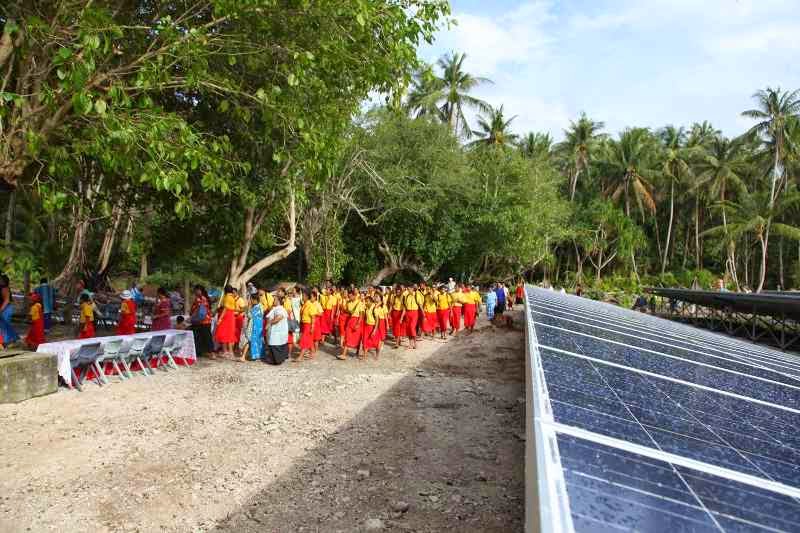Some extract from an interview I had some years ago
Working in the line of an effective
advocacy in this part of the world and most especially in our society really
does come with a lot of difficulties. The facilities on ground are quite
inadequate while the socio-economic situation that obtains around us has been a
blindfold on the lots concerning the impact of the changes in their
environment. I can bet it with you that they know and can tell you about how
the changes have affected them and if you listen to their perception, you will
be surprised about how much they know. But then they have a common problem
which has always been what to attribute the changes to and how they could
conform to the changes. That is exactly where we come in, trying to identify
with the available option within their grasp that we could attach a definite
meaning to.
Of course we won’t tell them to stop abruptly
whatever lifestyle we deem unsustainable but then we can make them think in the
line of the impeding danger if we do not force ourselves to make the change. A
lot of adaptation strategies are still way out of the reach of the common man
and the governments are not helping the issue here, the best they could do is
set up paper agenda that will spend eternity in the house of deliberations. So
then how do we make a tangible progress?
We must tell it all to them in the
language they understand and educate them in the regards of what they do and
their respective daily habits. We must tell them the dangers and show them the
examples around them and in most instances I am a firm believer in
audio-visual, it does take the better attention when they can see. Then we need
to teach them the act of utilizing and consuming sustainably such that they
live within their means and still provide for tomorrow.
A lot of people still use fuel wood because
they can’t afford fuel efficient stoves which would have been greatly
subsidized if the Government really does quit paying lip service to the green
economy issues. Then we can tell them about planting trees, effective
alternative which will cost them nothing but the stress of planting. If proper
community support in the regards of communal woodlot is provided, then it will
make a difference. Again, we could adopt bamboos, very fast in growth and in a
way less carbon emitter. Then if we can progress, biogas is gradually coming to
stay, we need to share the strength of technology transfer to adopt this
technology such that it fits in to the available resources in our society and
thus affordable. This part of the World is still developing and then i think we
can still save a good part of our environment by working out a way such that
our urban sophistication and the rate of exploitation does not get in the way
of balancing out with nature.
One big move is when people know
their environmental responsibility of care. We just need to live it and show
them the example why we do not stop talking. We can’t stop till they live it
too. Then another the big one is when we
have to look towards the consensus at the UNFCCC, aside our efforts as change-makers,
there is a part the governments needs to play that will lay a solid example for
the whole world. I believe if we could achieve the global intervention, then
serious national intervention can take place which will see local action on a
greater momentum of achievement.




Comments
Post a Comment